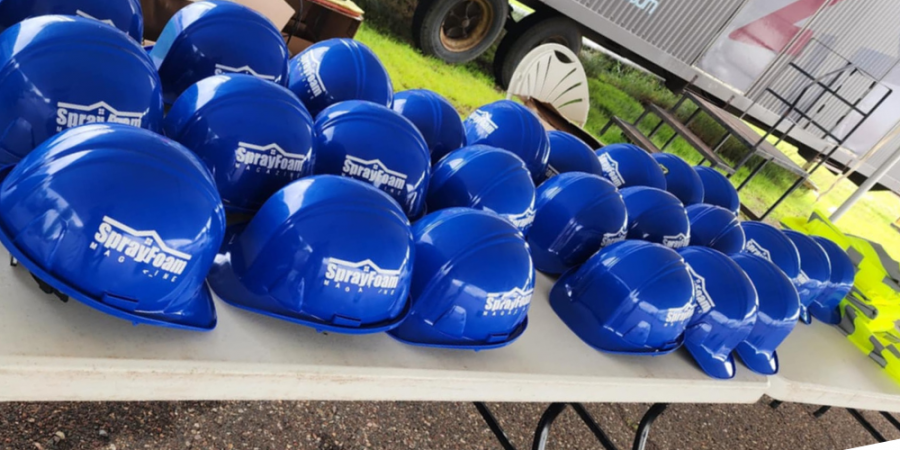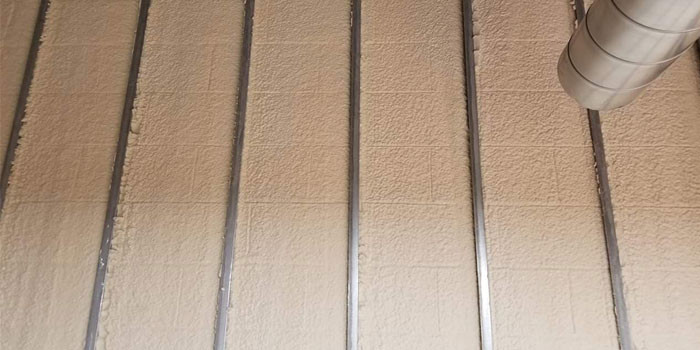Word on the Street on Skilled Labor Woes


SUMMER ISSUE 2019 (Spray Foam Magazine) – What is the major concern you hear recently from spray foam contractor companies over anything else? It is the lack of skilled and reliable labor. No matter the area of the country, contractor companies are finding it more than challenging to find people able to handle the work of a spray foam job, show up on time ready to work.
The type of labor the spray foam contractors need vary from someone able to push a broom and fetch equipment to being spray foam and operate a spray foam rig or manage a crew. There are a few things working against the spray foam contractor that makes it hard to attract new employees and retaining the ones you have.
Whether you’re inside a home installing open- or closed-cell wall insulation or outside installing a spray foam roof, working for a spray foam company is physically demanding. Also, because of the nature of spray polyurethane foam, many of the people working on the job must be mechanically inclined and aware enough to handle the equipment and work with chemicals in a safe manner. There are hazards to this job which takes quite a bit of intelligence and mechanical inclination to be able to operate the spray foam equipment and understand how to prepare a job and spray the foam properly. The ideal candidate is a high school graduate that has attended a technical training school and studied a construction trade. Also, this someone cannot be afraid or turned off by challenging manual labor.
For several reasons, this candidate is very tricky to find. For the last few decades, high schoolers have been told that the only way to be successful is to get a college degree. Once someone spends four to five years in college with possibly the weight of school loan debt, their first inclination is to seek white collar jobs. Quite possibly though, a good percentage these white-collar jobs have salaries that do not match what a skilled blue-collar employee can make during their career. There would be a lot more skilled labor if kids were not taught that college was the only path to success. Kids need to follow their inclination and understand that is their best path to a fruitful carrier.
Another reason for the lack of skilled workers was the 2008 recession. During this time, construction jobs took a nose dive and many of these workers had to find other sources of employment. The problem is they have stayed in these more recession-friendly careers.
How can our industry change this trend and attract more people to construction type jobs? There are a few ways to help, but just like being on a hot roof for eight hours pulling a hose, it’s not an easy fix.
Just recently, a prominent spray foam company was promoting a memorial scholarship fund to encourage kids to go to trade school. Consider setting up something similar at your local trade school. Contact the trade school and see if they can help.
Contact your local high school’s technology department heads and ask if you can do a presentation on spray foam insulation or something more general like insulation and construction. Talk about what you do and why you love it. Drop your card and maybe you could pick up some summer break help.
Reduce retention problems. Rewarding your best workers with what they need, such as higher pay, and getting rid of your poor performers as fast as possible could help eventually build a solid team.
Improve work environment. Focus on making sure your workers have the tools and equipment they need. Make sure they are trained properly. Make sure they are treated fairly.
Half of these suggestions are in finding new employees and the other half is trying to keep the good employees you already have. It’s not an easy fix and it will take some time. Please share the ways you are attracting new employees and techniques you use to keep the good ones from leaving with others in your industry.
Disqus website name not provided.









































